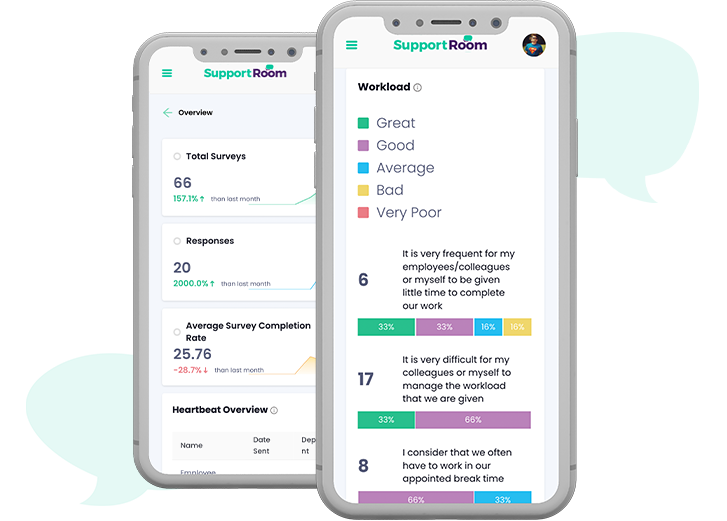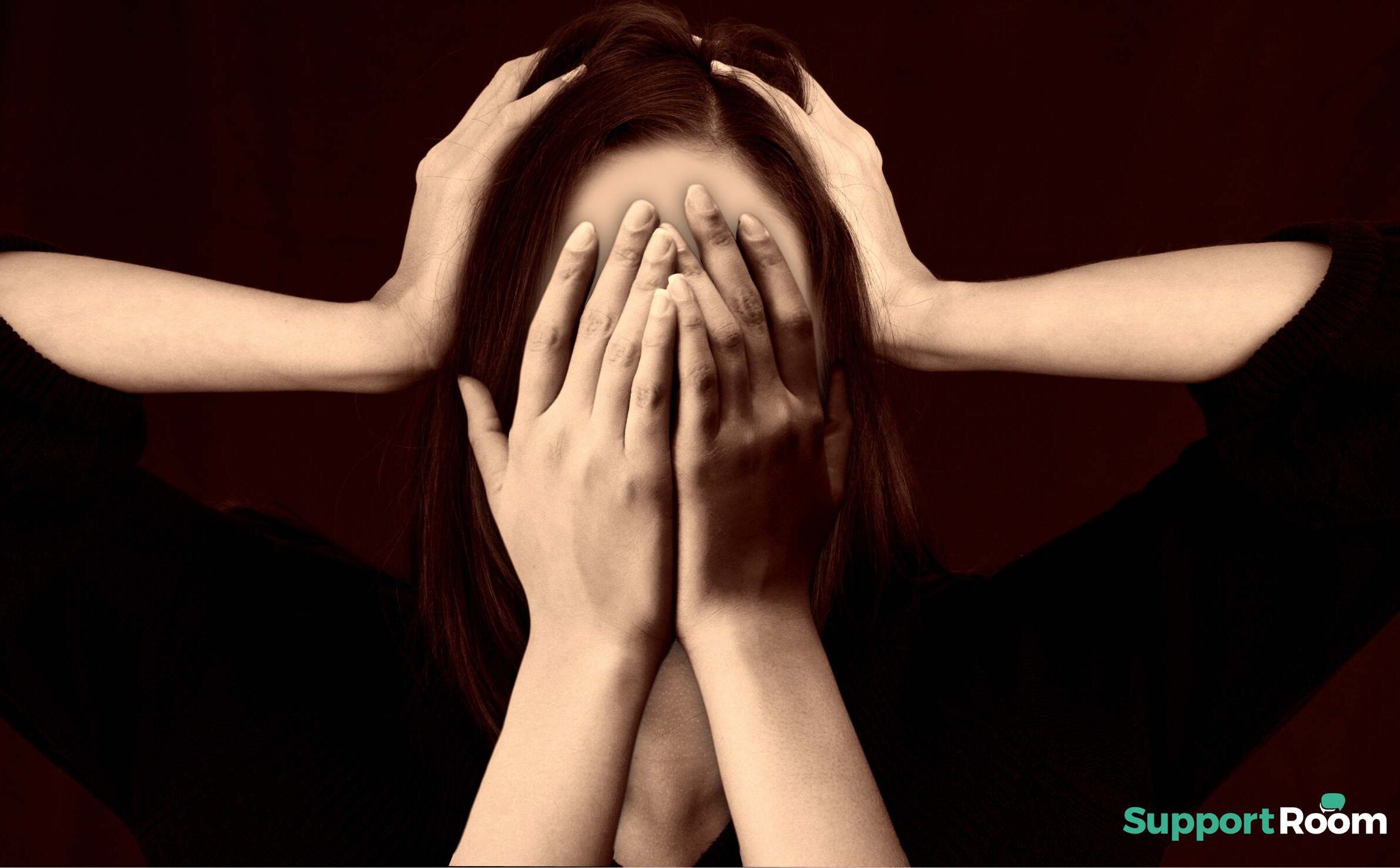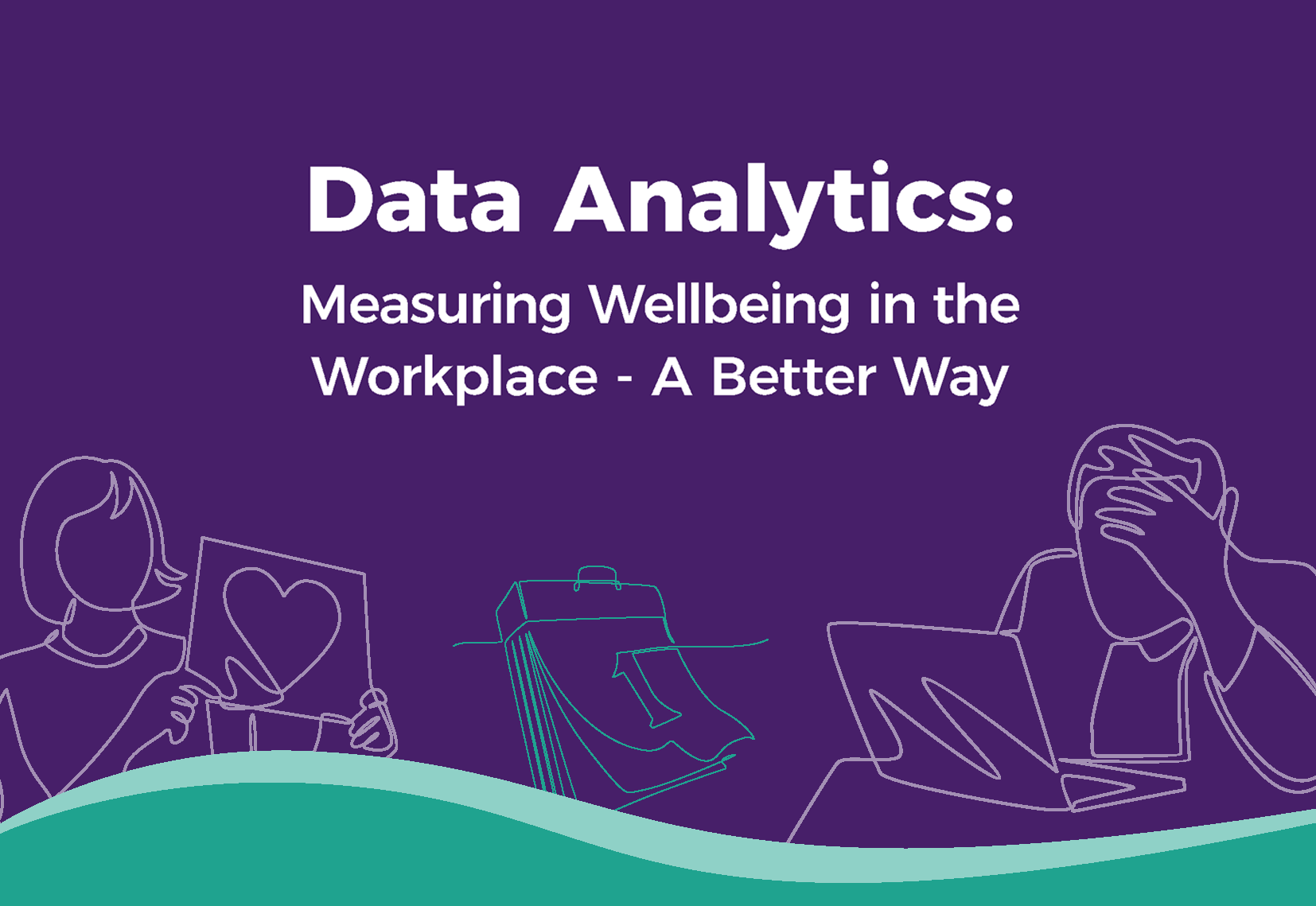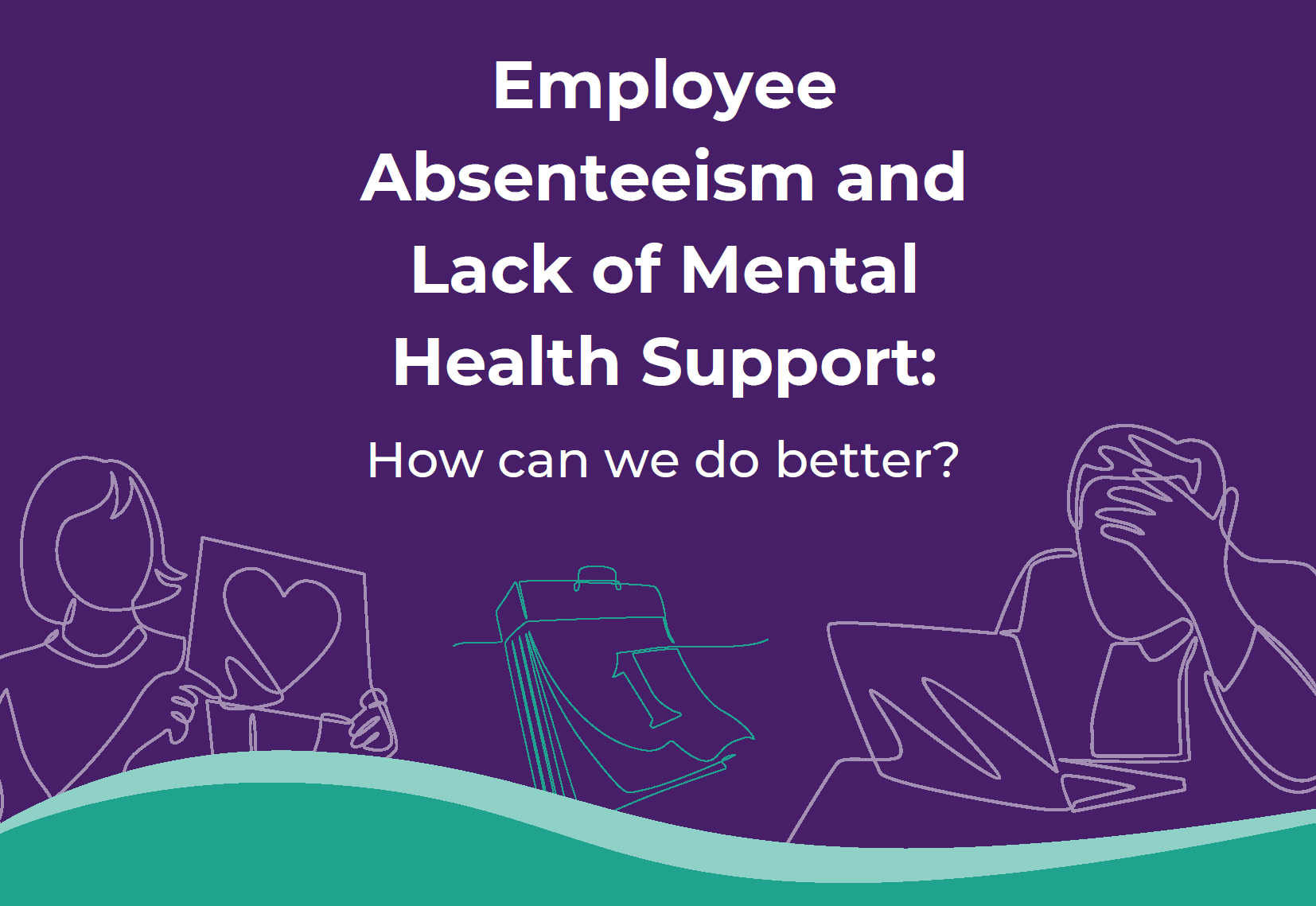what is bipolar disorder ?
Bipolar disorder, also known as manic-depressive illness, is a mental health condition characterized by extreme mood swings that range from highs (mania or hypomania) to lows (depression). People with bipolar disorder experience periods of elevated or irritable mood, increased energy, reduced need for sleep, racing thoughts, and impulsive behavior during manic or hypomanic episodes. They may also experience periods of sadness, hopelessness, and loss of interest in activities during depressive episodes. Bipolar disorder can affect a person’s ability to function at work or in social situations, and can sometimes lead to impulsive or risky behavior. It is a chronic condition that typically requires ongoing treatment and support from mental health professionals.
Signs and symptoms of Bipolar Disorder
Bipolar disorder is characterized by episodes of extreme mood swings that can last for days, weeks, or months. Here are some signs and symptoms of bipolar disorder:
Manic or hypomanic episodes:
- Elevated, expansive or irritable mood
- Increased energy, restlessness or racing thoughts
- Reduced need for sleep or ability to go without sleep for long periods
- Impulsive or risky behavior, such as spending sprees, sexual promiscuity, or reckless driving
- Grandiose or inflated sense of self-esteem or abilities
- Increased talkativeness, rapid speech or feeling pressured to keep talking
- Poor judgment, distractibility, or difficulty concentrating
Depressive episodes:
- Persistent sadness or feeling empty
- Loss of interest or pleasure in activities once enjoyed
- Changes in appetite or weight
- Sleeping too much or too little
- Fatigue or loss of energy
- Feelings of worthlessness or excessive guilt
- Difficulty concentrating, making decisions, or remembering things
- Recurrent thoughts of death or suicide
In some cases, people with bipolar disorder may experience mixed episodes, which involve symptoms of both mania and depression simultaneously. It’s important to note that the symptoms of bipolar disorder can vary in severity and duration, and not everyone experiences all of the symptoms. If you or someone you know is experiencing any of these symptoms, it’s important to seek help from a mental health professional.
Creating a supportive workplace for individuals with bipolar disorder requires a combination of understanding, empathy, and practical accommodations. Here are some tips to help create a supportive workplace for individuals with bipolar disorder:
- Educate yourself and your coworkers: Educating yourself and your coworkers about bipolar disorder is an important first step in creating a supportive workplace. Understanding the symptoms and challenges of bipolar disorder can help to reduce stigma and promote empathy andtanding. unders
- Provide flexibility: Individuals with bipolar disorder may experience unpredictable mood swings, fatigue, or difficulty concentrating. Providing flexibility in work schedules or job duties can help individuals with bipolar disorder to manage their symptoms and maintain productivity.
- Create a calm and quiet work environment: People with bipolar disorder may be sensitive to noise or bright lights, which can trigger symptoms. Creating a calm and quiet work environment, with appropriate lighting and sound control, can help to reduce stress and promote a more productive work environment.
- Establish clear expectations and goals: Clear communication of expectations and goals can help individuals with bipolar disorder to stay focused and motivated. This may include setting clear deadlines, providing regular feedback, and setting achievable goals.
- Provide support and resources: Providing support and resources, such as counseling or access to mental health resources, can help individuals with bipolar disorder to manage their symptoms and cope with stressors in the workplace.
- Offer accommodations: Accommodations such as flexible scheduling, work-from-home options, and modified workloads can help individuals with bipolar disorder to manage their symptoms and maintain productivity.
- Be understanding and empathetic: Above all, creating a supportive workplace for individuals with bipolar disorder requires understanding and empathy. Recognizing the challenges and struggles of individuals with bipolar disorder can help to create a more compassionate and supportive workplace culture.By taking these steps, employers can create a more supportive workplace for individuals with bipolar disorder and help to promote a more productive and positive work environment for everyone.

Gain FREE access to Heartbeat
Get a free Heartbeat Survey.
Let us uncover the true state of your team’s wellbeing with a free mental health survey for your entire organisation.
Gain valuable insights to see how you can better support your team’s mental health and performance.
No pitch. No credit card required.





